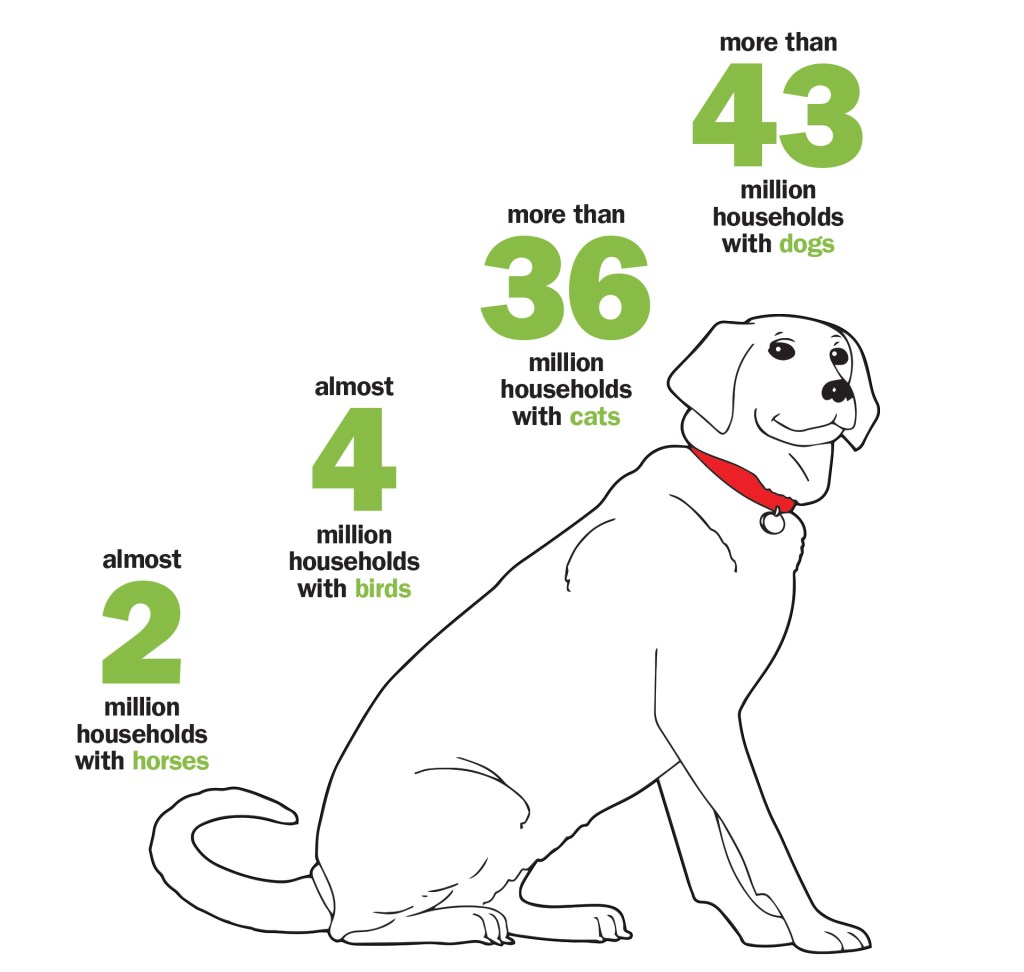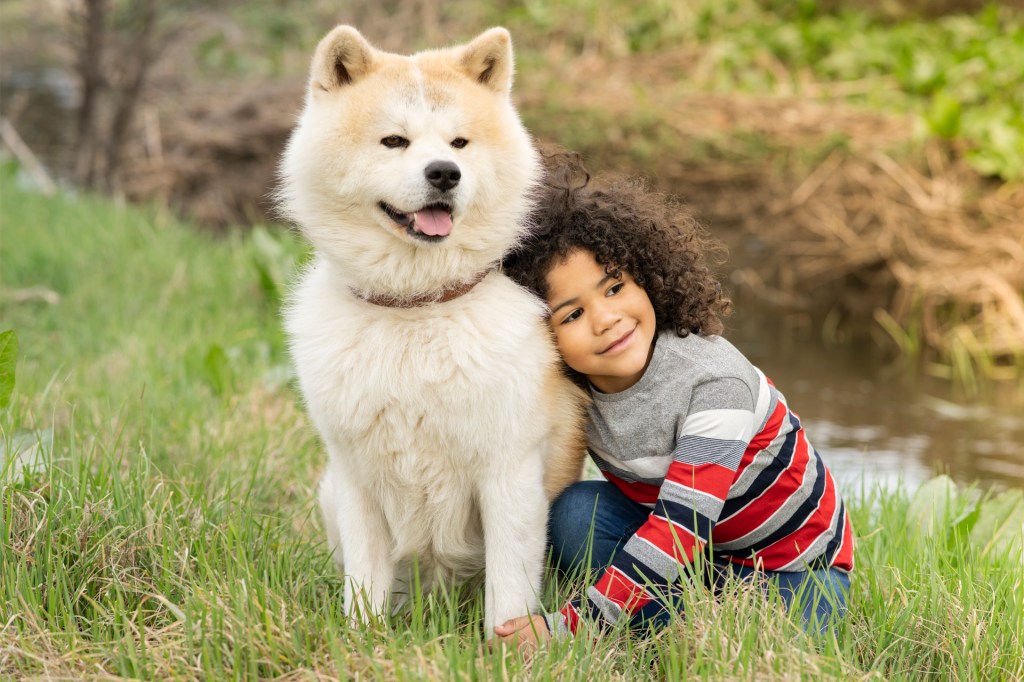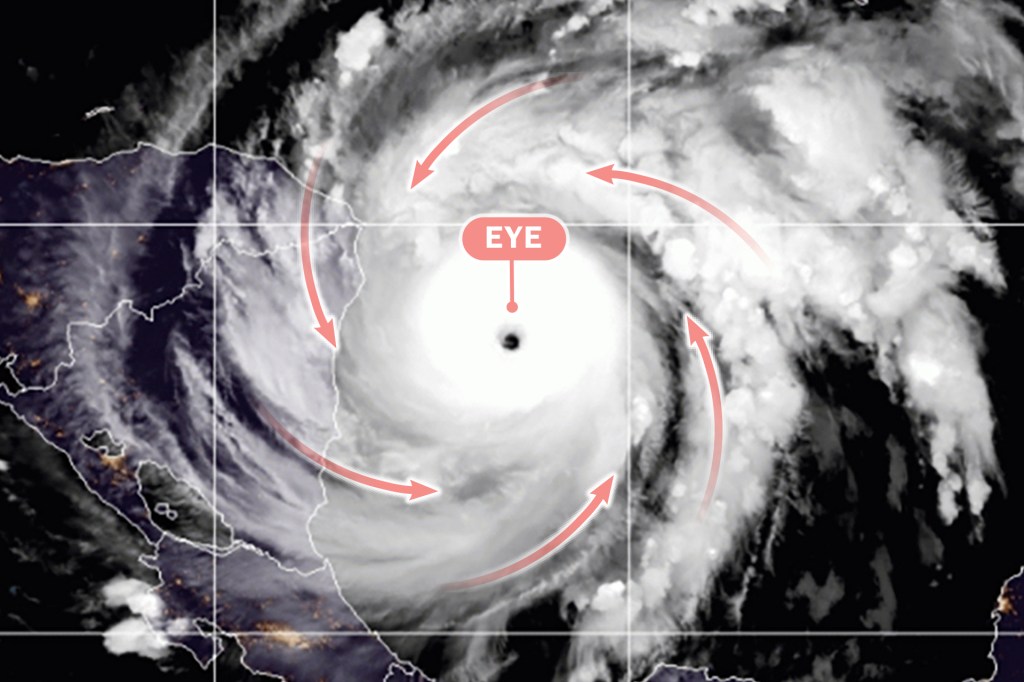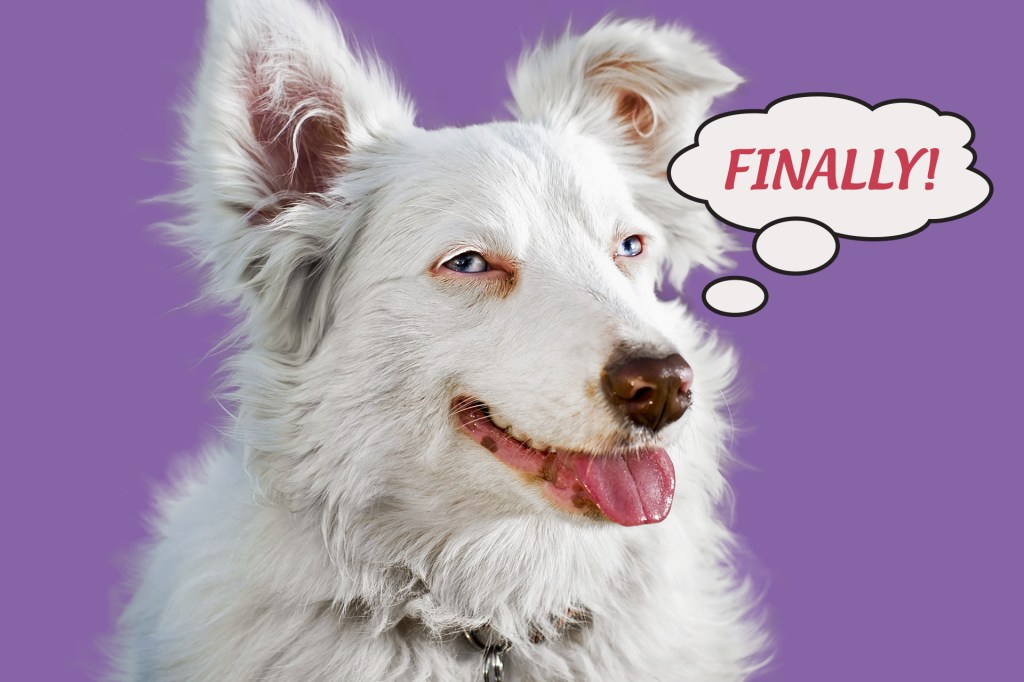
"What's it like to be a dog?" Gregory Berns asks. He is a scientist. He studies how brains work. He says no one can know for sure. "But I think dogs experience things very much the way we do," he says.
A group of scientists has learned that dogs can count, sort of. Dogs can look at two boards with shapes on them and choose the board that has more shapes.
Dogs also seem to be aware of the passing of time. They prepare when it is time for a family member to come home. They wake up from a nap. They check the front door. They also seem to show emotion. They jump and yip when the human arrives.
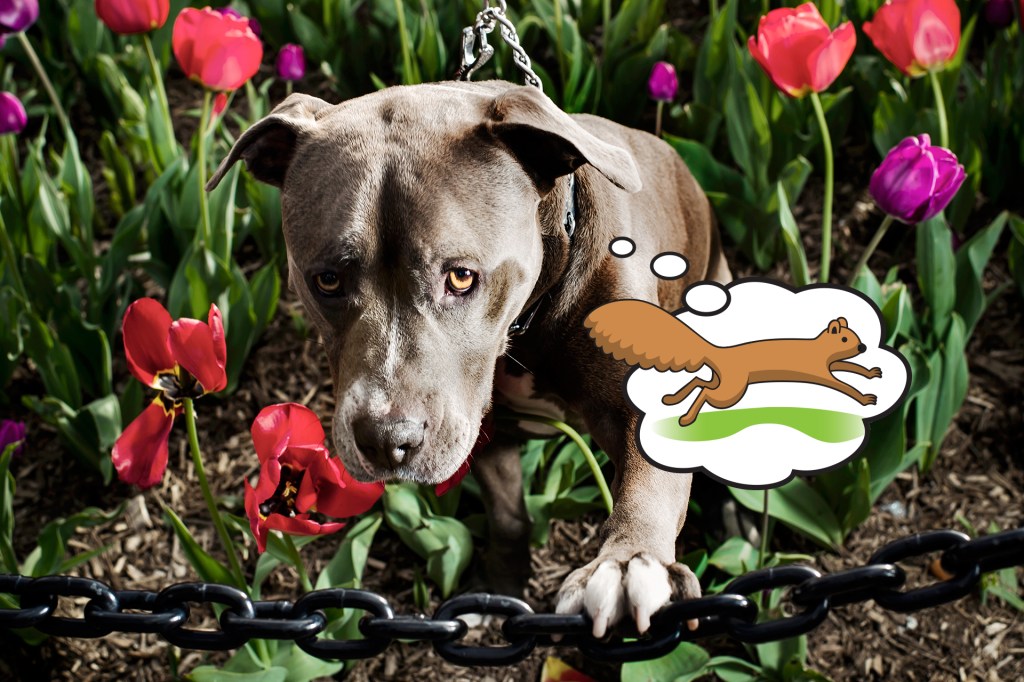
Dogs don't have language. But they communicate with their eyes, their barks, and their bodies. "Dogs pick up on all kinds of things," says scientist Juliane Kaminski. Humans and dogs have learned to understand each other's cues
cue
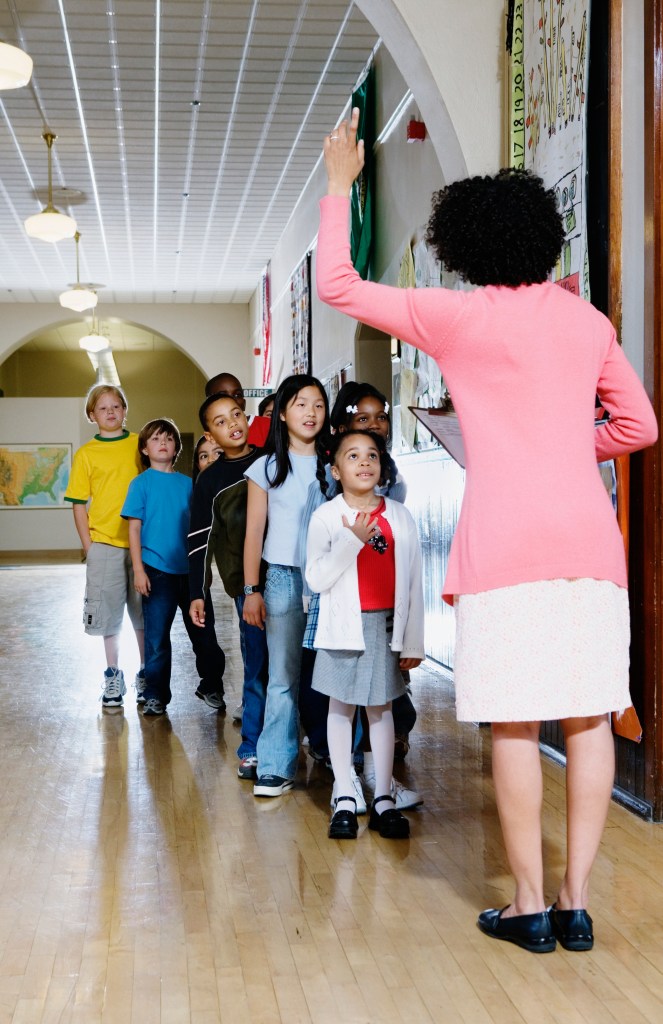 something that serves as a signal, hint, or suggestion
(noun)
The teacher raised her hand as a cue for students to stop talking.
.
something that serves as a signal, hint, or suggestion
(noun)
The teacher raised her hand as a cue for students to stop talking.
.
Dogs are like us in their joy and curiosity. We both benefit from our connection.
